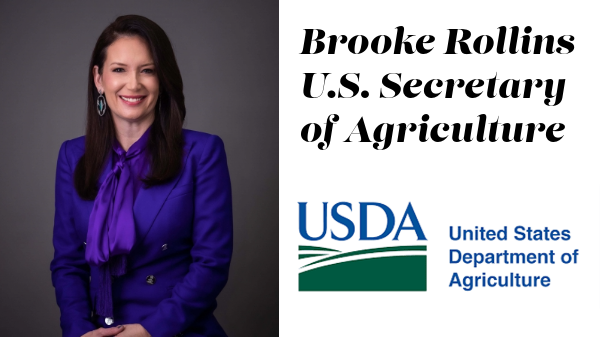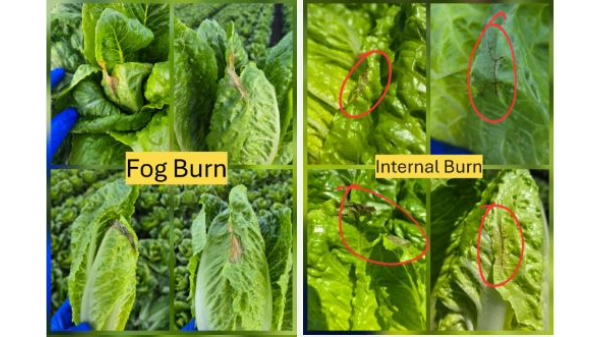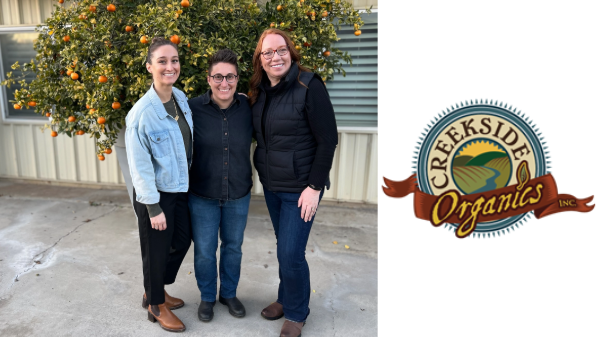Welcome to Blue Book!
Are you ready to join the thousands of companies who rely on Blue Book to drive smarter decisions? View our plans and get started today!
Still have questions? We’d love to show you what Blue Book can do for you. Drop us a line– we’ve been waiting for you.
On the farm, Good Agricultural Practices (GAP) and Good Handling Practices (GHP) audits assess a participant’s ability to conform to generally recognized best practices that minimize the risk of food safety hazards and adherence to the recommendations of the U.S. Food and Drug Administration’s (FDA) Guide to Minimize Microbial Food Safety Hazards for Fresh Fruits and Vegetables.
As more and more retailers are requiring suppliers to have GAP certification, small growers are discovering that obtaining GAP certification can be difficult and expensive. To help offset some of these costs, SCI, the AMS Transportation and Marketing Program, and the Wallace Center at Winrock International have partnered to implement a GroupGAP Pilot Project that offers cooperatives, food hubs, and other marketing organizations a unique opportunity to work collectively to undergo GAP certification. This allows groups of small producers to pool resources to implement food safety training programs and share the cost of certification.
Under the pilot, participants develop and implement their own quality management systems and food safety programs based on internal inspections of their members and verification by USDA-licensed auditors. Five groups are participating in the pilot and SCI is providing ongoing training and resources to help them prepare for certification. If the pilot effectively enhances market opportunities for these small producers, SCI will consider expanding the program nationwide.
Further along the supply chain, at the processing facility, SCI verifies food safety plans and sanitation practices, including Hazard Analysis and Critical Control Points (HACCP) and food defense, in accordance with FDA Good Manufacturing Practices, or GMPs.
Inspection and auditing services are only part of what SCI does; the division also provides the market with a common language to facilitate trade domestically and around the world in the form of U.S. grade standards, grading manuals, inspection aids, and color guides for specialty crops. Currently, SCI maintains 323 grade standards for fresh and processed fruits, vegetables, nuts, and miscellaneous products. Each year, SCI reviews these standards to ensure they reflect current market practices, and determines whether revisions are warranted based on specified criteria, such as changing industry practices. Existing U.S. grade standards are used in support of SCI grading and verification, other AMS and USDA programs (including Market News and procurement), and by state departments of agriculture.
The SCI division also maintains and develops commercial item descriptions (CIDs). A variety of institutions use CIDs, including schools buying for lunch programs, the military, hospitals, and daycare centers. From soup to nuts, SCI maintains CIDs for 187 different items.
In addition to this range of programs and services, SCI inspects the $500 million in fruits and vegetables purchased by the USDA for federal programs such as the National School Lunch Program. It also inspects the food components of the Department of Defense’s military operational rations; manages the USDA Child Nutrition Labeling Program; and partners with USDA agencies and others to help small, economically challenged farmers.
The Specialty Crops Inspection Division is a food industry leader committed to helping America’s fruit and vegetable suppliers deliver quality.








